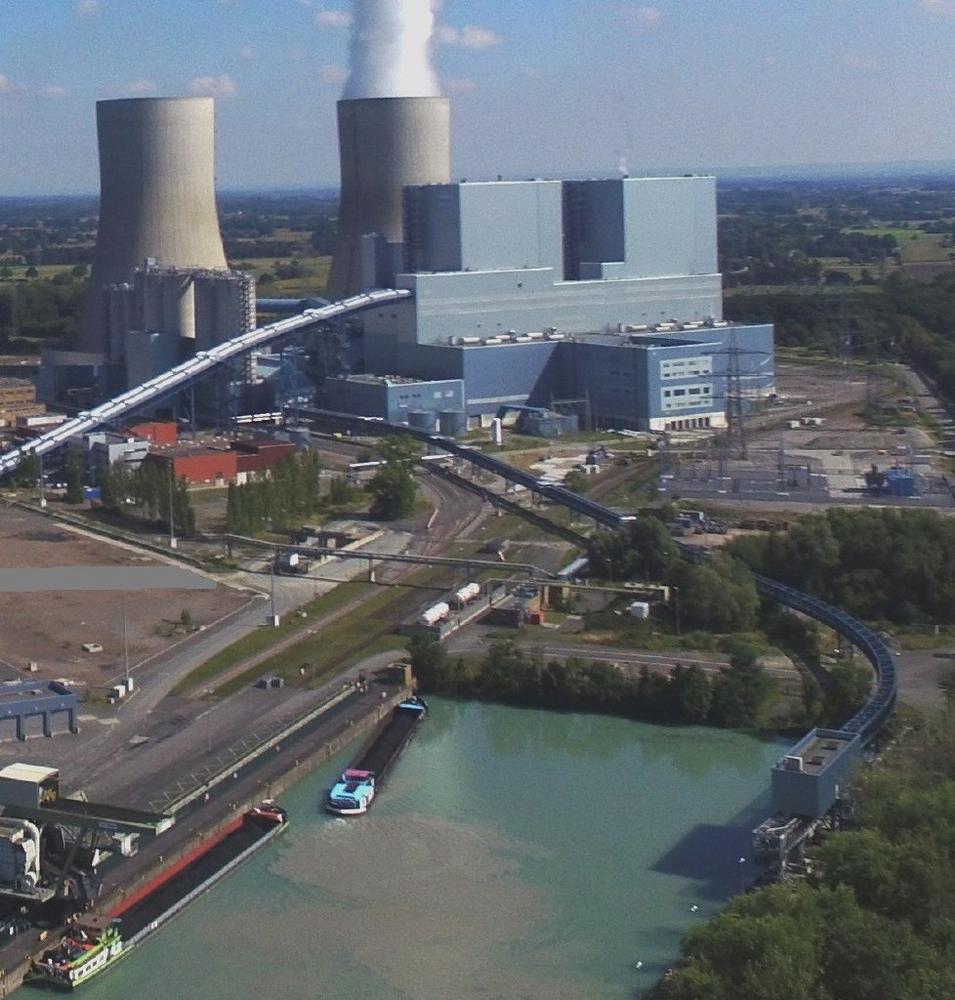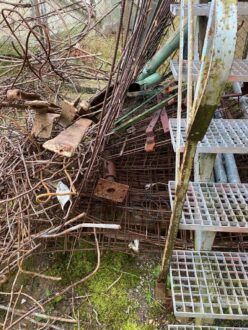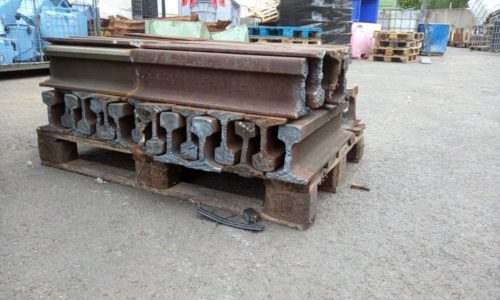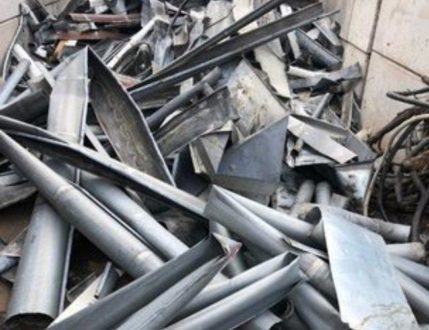
The end of an era: RWE hard-coal power stations in Hamm and Ibbenbüren to be completely decommissioned
In December 2020, in the first nationwide decommissioning auction for hard-coal power stations, RWE Generation had received the tenders both for the 800-megawatt Block E at the Westfalen power station as well as for the 800-megawatt Block B at Ibbenbüren power station. As a result, since the beginning of this year, RWE has no longer been allowed to sell electricity from these stations. As part of a mandatory six-month preparedness phase, the Westfalen station went online 13 times for reasons of security of supply on the request of the transmission system operator. Now this phase has also ended and from 8 July no more coal may be fired at either of these two locations. The decommissioning of the hard-coal units is a further important step towards climate-neutrality, which RWE will achieve by 2040.
“In our plans, it was always particularly important to handle the staff reductions in a socially responsible manner. We want to ensure that the affected colleagues move from gainful employment into gainful employment and will see to it that no one is left behind”, said Hartmut Frank, Head of the Westfalen and Ibbenbüren power stations.
Leonhard Zubrowski, works council chair at RWE Generation, emphasised: “Even though the decision has been public since December, these are difficult days again for the workforce at the two locations. It is all the more important, therefore, that all staff are offered prospects as soon as possible. In this context, the fact that we completed the regulations for socially responsible staff reductions at an early stage is paying off. In this way, those affected can be provided with clarity about their future as quickly as possible. I would like to thank all my colleagues for their great dedication. With their knowledge and years of experience, they have ensured that the plants were always ready to go when they were needed and thus contributed to the secure supply of electricity." Since they were commissioned, the two units have produced a total of 158 billion kilowatt hours of electricity – enough to supply the equivalent of 35 million private households with electrical energy for one whole year.
The Westfalen site will continue to make an important contribution towards the energy transition, since the Federal Network Agency has categorised it as systemically relevant. The generator of Block E is to be repurposed as a rotating phase shifter and will provide reactive power for voltage stability – an important service for stabilising the electricity grid. This has no effect on RWE’s carbon footprint, as no coal is burned to operate a phase shifter. Unit B of the Ibbenbüren power plant was not classified as systemically relevant by the Federal Network Agency, so the decommissioning of the power plant is now beginning.
RWE is consistently phasing out coal: In the UK and Germany, there are no longer any
With its power plants in Germany, the UK and the Netherlands, the approximately 3,000 employees of RWE Generation produce electricity primarily from gas, hydropower and biomass. The company ranks third in Europe with its gas-fired power plants. The RWE Group bundles its hydrogen activities in RWE Generation. RWE is driving forward more than 30 projects in the field of hydrogen with partners from industry and science.
hard coal-fired power plants in operation, and in the Netherlands the conversion of two plants to biomass is progressing. In the Rhenish lignite mining region, RWE already shut down the first unit at the end of 2020 – as stipulated in the coal phase-out law. Further units will follow in the next 18 months, so that by the end of 2022 a power plant capacity of 2.8 gigawatts will have been shut down. By 2030, a total of two-thirds of RWE’s lignite-fired power plant capacity will have been taken off the grid. This is associated with the reduction of about 6,000 jobs, which will be carried out in a socially responsible manner. At the same time, the company is rigorously pushing ahead with the expansion of renewable energies. Today, RWE is already one of the world’s largest producers of green electricity.
With its power plants in Germany, the UK and the Netherlands, the approximately 3,000 employees of RWE Generation produce electricity primarily from gas, hydropower and biomass. The company ranks third in Europe with its gas-fired power plants. The RWE Group bundles its hydrogen activities in RWE Generation. RWE is driving forward more than 30 projects in the field of hydrogen with partners from industry and science.
RWE Generation SE
RWE Platz 3
45141 Essen
Telefon: +49 (201) 5179-0
http://www.rwe.com
Pressestelle
Telefon: +49 (201) 5179-8455
E-Mail: olaf.winter@rwe.com
![]()



